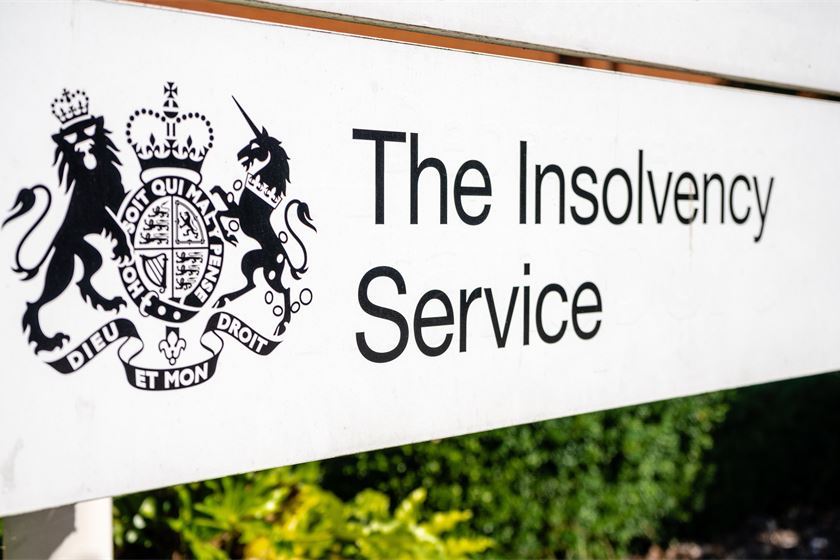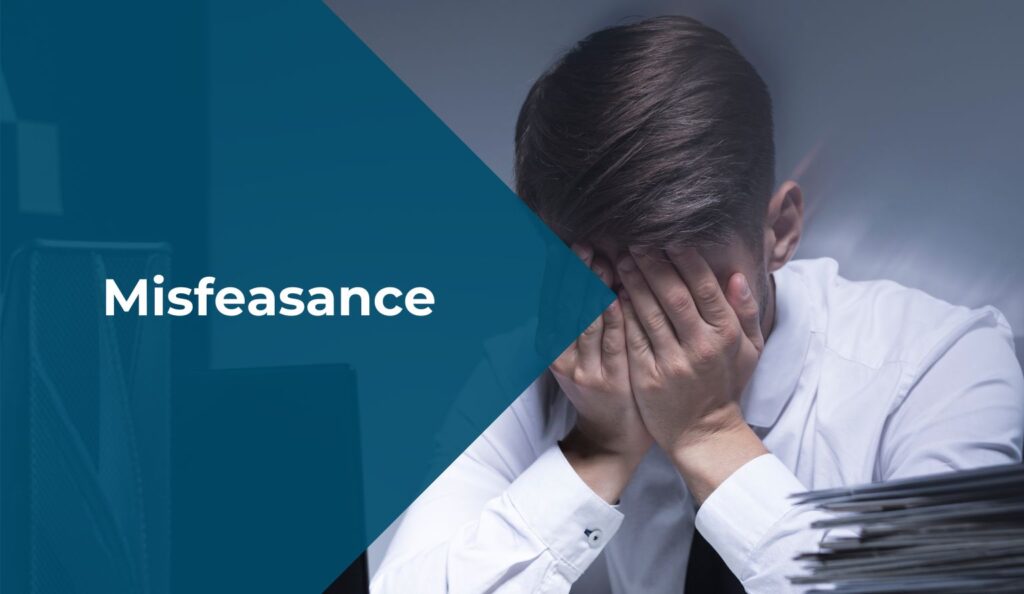Posts by admin
2025 Insolvency Outlook: What Directors Should Watch This Year
As we move deeper into 2025, Directors must prepare for an insolvency landscape that is harsher, more regulated, and significantly less forgiving than in recent years. While the COVID-19 era brought temporary moratoriums and government leniency, those protections have well and truly expired. Today, enforcement is accelerating—and directors who fail to adapt risk not only…
Read MoreUnderstanding Section 216: Restrictions on Reusing a Company Name Post-Liquidation
Navigating insolvency laws can be complex, especially when it comes to the reuse of a company name after liquidation. Section 216 of the Insolvency Act 1986 is a critical piece of legislation that every director and business owner should understand to avoid severe penalties. Below, we break down what this law entails, its implications, and…
Read MorePersonal Liability Risks for Directors: How to Protect Yourself
Directors of limited companies often enjoy the protection of limited liability, meaning their personal assets are typically safe from business debts. However, there are circumstances where directors can become personally liable for company obligations. Understanding personal liability risks for directors, and taking proactive steps to mitigate them is crucial for safeguarding your financial and professional…
Read MoreNavigating Director Disqualification: The Appeals Process and Other Options
Being disqualified as a company director can be a daunting experience, but there are options to challenge or even change the decision. Whether you wish to appeal the ban, reduce its duration, or obtain permission to act as a director despite the disqualification, understanding your options is crucial. Here’s a guide to navigating the process…
Read MoreNavigating Rising Insolvencies in the Construction Sector: How IL Advisory Can Help
The construction sector continues to face significant financial distress. The latest insolvency statistics for October 2024 reveal ongoing challenges for businesses in the sector. While overall company insolvencies in England and Wales fell by 10% compared to September, and 24% compared to the same month last year, construction remains the hardest-hit industry. Moreover, in the…
Read MoreHow the Insolvency Service is Strengthening Economic Confidence
The Insolvency Service, with a history stretching back to the 19th century, continues to play a vital role in supporting the UK economy. Its core mission—to deliver economic confidence—remains unchanged, even as the financial landscape evolves. Now halfway through its five-year strategy, the Insolvency Service is focused on maintaining its reputation as a global leader…
Read MoreRecent Changes in Misfeasance Law: What UK Directors Need to Know
The legal landscape surrounding misfeasance claims in the UK is constantly evolving, and directors need to stay informed to protect their interests. Recent changes can significantly impact how misfeasance cases are handled and the risks directors face. Here’s an overview of the latest updates in UK misfeasance law and what they mean for you. 1.…
Read MoreThe Perils of Personal Bankruptcy: Katie Price’s Journey
The world of glamour and fame may seem like a dream come true to many, but the case of Katie Price serves as a stark reminder that even celebrities can face severe financial challenges. Price, a former glamour model, has been grappling with bankruptcy for several years. Her ongoing battle with a tax bill exceeding…
Read MorePreference Payments: What Directors Should Be Aware Of
Company directors must be vigilant about the implications of insolvency, particularly when it comes to preference payments. Understanding what constitutes a preference and the potential consequences is essential for maintaining legal and ethical standards. Here’s a guide on what directors should know about insolvency preference payments. What is a ‘Preferential Payment’? A ‘preference’ occurs when…
Read MoreUnderstanding Unlawful Dividends for Company Directors
One of the appealing benefits of running a limited company is the ability for directors to receive the majority of their remuneration as dividends. This method is typically more tax efficient than taking a salary solely through PAYE. However, the timing and legality of dividend payments must be carefully considered to avoid the risk of…
Read More









